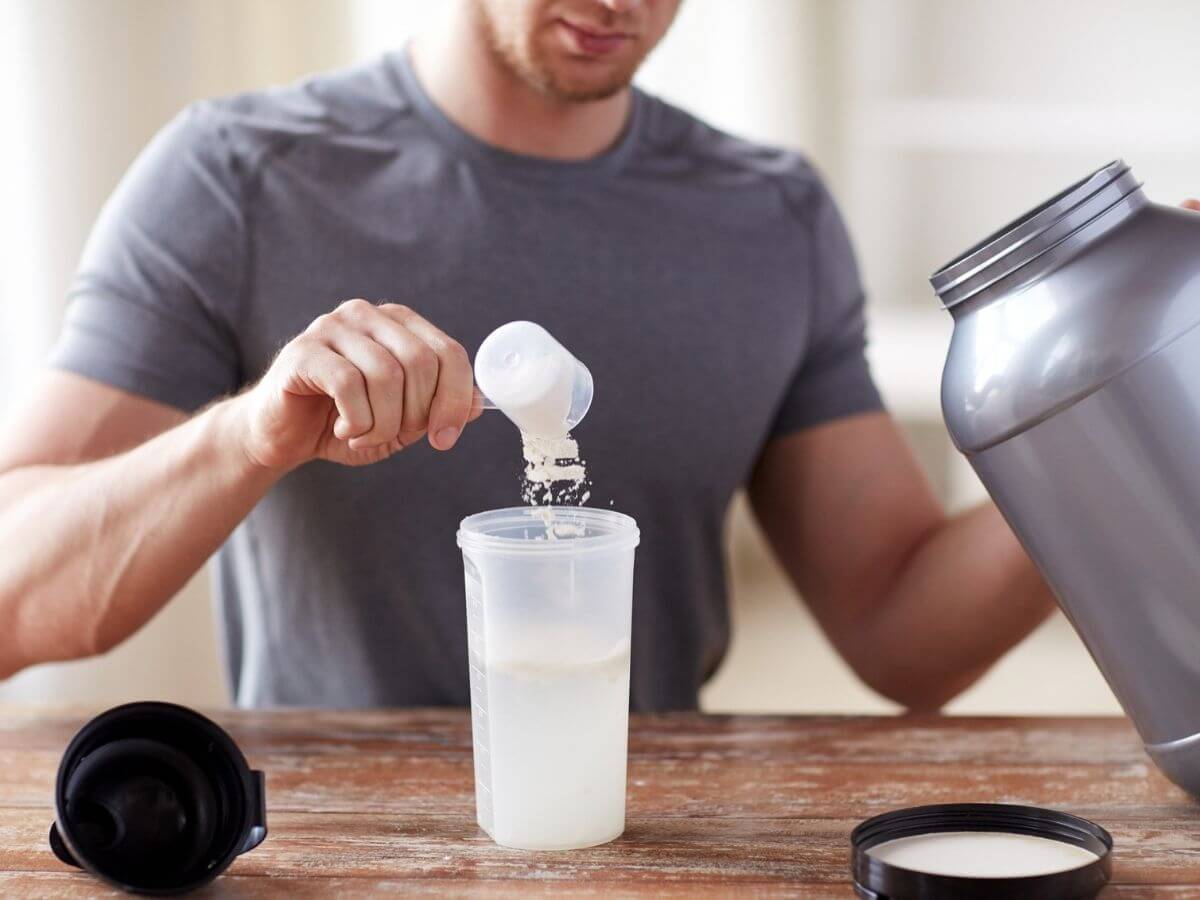Does Food Tracking Help With Weight Loss?

Keeping track of what you eat can be one of the most effective things you can do when you’re trying to lose weight. One study of nearly 1,700 participants found that keeping a food diary can double your weight loss when you’re trying to shed unwanted pounds. Some people think that keeping a food diary will be too time-consuming, but it only takes about 15 minutes a day.
Why’s Tracking Your Food Important?
Tracking your food will give you valuable insights into your eating habits. Being detailed in your food tracking helps. The more accurate you are, the more likely you are to find things you should change, like eating more fruits and vegetables.
How to Track Food
In addition to eating healthy foods, it’s also very important that you pay close attention to your portions when you’re trying to lose weight. Maintaining accurate and consistent food tracking will also go a long way towards helping you reach your goal. Here are some tips to help you keep a successful food diary:
- Write down what you consume, whether it’s food or a beverage, immediately. Don’t wait until the end of the day because your recollection can be less accurate.
- Be specific. For example, if you’re drinking a latte, note the type and size.
- Make sure to include any alcoholic beverages you consume.
- Smartphone apps like Lose It! or MyFitnessPal can be very helpful. These apps also offer information on calories and nutrients.
Benefits of Tracking Food Intake
Keeping a food diary can benefit you in many ways because tracking what you eat and drink can keep you focused on your diet, provide motivation, increase your efficacy, and help you attain your goals. Here are some of the benefits you’ll experience by successfully tracking your food:
- Accountability. Accurately recording everything you eat provides regulation and accountability for what you eat. If you’re deterred by writing everything down, take advantage of the food tracking apps mentioned above, which can make journaling faster and easier.
- Eating balanced meals. Food journaling will let you know if you need more variety in your diet. For example, you might find that you need to eat more vegetables or less processed food. Keeping a food journal helps you plan meals that are balanced with healthy proportions of carbohydrates, protein, and fat.
- Success attaining goals. When you record everything you eat, it can make you reconsider what you’re putting into your body. It also reveals if you’re eating larger portions than you need. Over time, you’ll notice the changes in your food intake and be able to monitor the progress you’re making.
- Connect food to feelings. How does the food you eat affect how you’re feeling? Make sure to note how you feel after eating certain foods. For example, if you feel bloated or gassy after eating pasta or bread, you may have an intolerance to wheat or gluten, which is a protein in wheat. You may find that some foods increase your anxiety levels while others have a calming effect.
Start Tracking Your Food
If you’re trying to shed unwanted pounds and maintain a healthy weight, tracking your food is a great way to help you accomplish your goals. In addition to losing weight, you’ll also see the benefits of food tracking in your overall health.
Need more support? Find more weight loss resources from Baptist Health to support your health journey.
Next Steps and Useful Resources:
Are High Fat Foods Good for Your Heart?
Your Diet & Your Colon: Something You Need to Know
Keto, Paleo, Atkins: Weight Loss Diets



